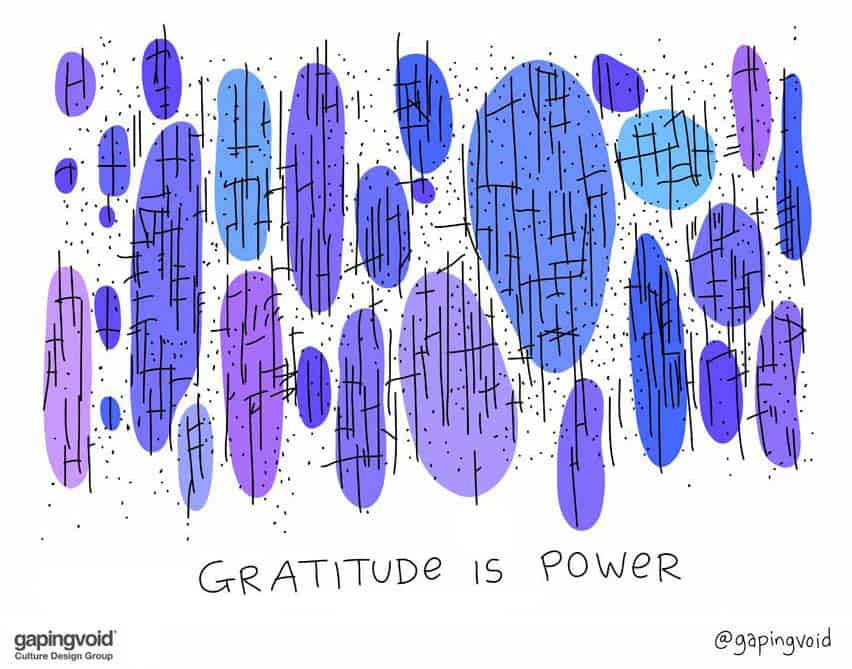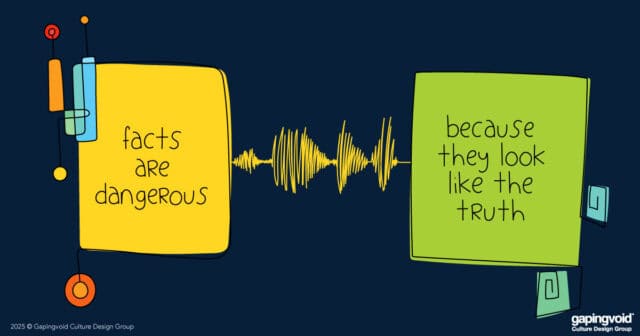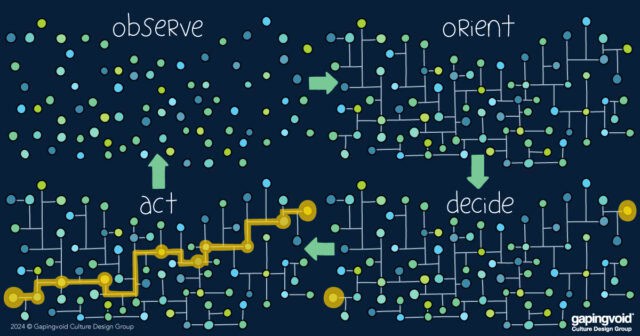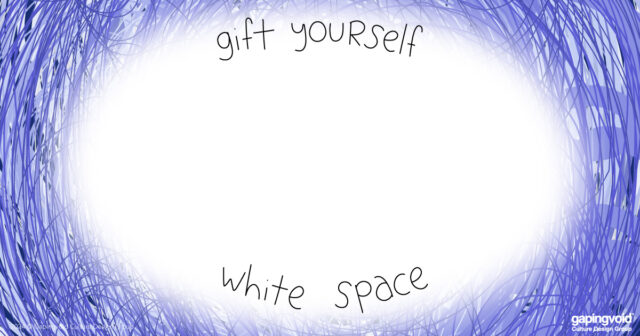Today’s post it written by our friend and collaborator, Benjamin P Hardy. Ben is someone to pay attention to. His recent book, “Willpower Doesn’t Work”, published by Hachette, studies the true dynamics of transformational change.
Ben is the number one blogger on Medium.com, has a column in Inc., Thrive Global, and is a PhD candidate in Organizational Psychology at Clemson University.
Ben believes that gratitude is a key to happiness and success. He authored today’s post sharing some of his insights.
Gratitude is having an abundance mindset. When you think abundantly, the world is your oyster; there is limitless opportunity and possibility for you. People are magnets; when you’re grateful for what you have, you will attract more of the positive and good. Gratitude is contagious.
It is quite possible that gratitude is the most important key to success. It has been called the mother of all virtues and there is a hack, which is to start every morning in a space of gratitude and clarity.
Journaling For Gratitude
I’ve written extensively about the power of journaling; combined with gratitude, it is transformative.
Even if you start a journal session in a bad mood, the insight writing brings has a subtle way of shifting your mind towards gratitude. When you start writing what you’re grateful for, new chambers of thought open in the palace of your mind. You’ll often need to put your pen down and take a few breaths. You’ll be captivated, not only by the amazing things in your life, but by the awe and brilliance of life itself.
The Science Of Gratitude
Gratitude has been found to demonstrably change people. When you express gratitude, it changes how you view and regard others. This fits with two really great quotes that I love:Dr. Wayne Dyer said, “When you change the way you see things, the things you see change.”
Also, the famous philosopher Goethe said, “The way you see [someone] is the way you treat them and the way you treat them is [who] they [will] become.” Thus, when you see someone or something differently, you treat that thing or person differently. When you treat them differently, they change. But not only do they change, you change.
Which brings me to how motivation and identity work. There’s a concept in psychology known as “self-signaling,” which means that you judge and evaluate yourself based on your behavior. When you act with kindness, you perceive yourself to be kind. When you wake up early and start your day right, you see yourself as someone who is motivated. Put simply, your behavior shapes your identity. Your behavior also shapes your beliefs.




